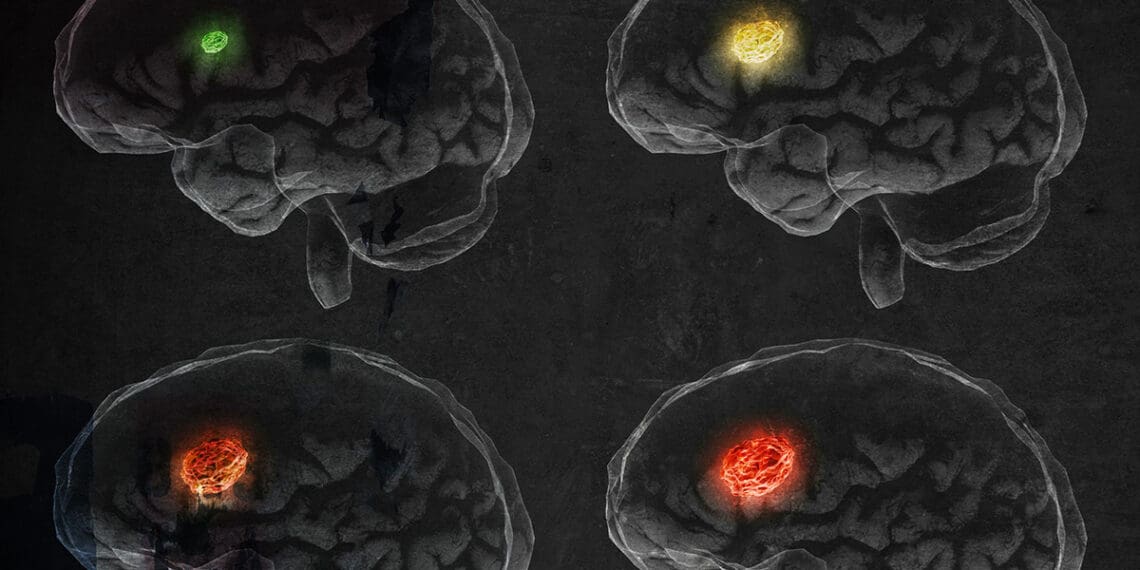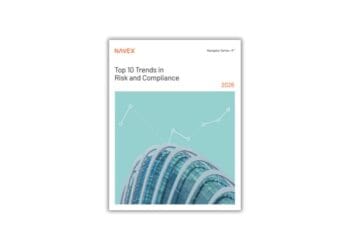Estimates suggest that nearly 400 million adults around the world have ADHD, which can make it difficult for them to function in traditional workplace settings. LADBible founder Alex Partridge shares his experiences as a potentially productive worker with ADHD and offers simple changes companies can make to transform their offices into welcoming spaces for an increasingly neurodiverse workforce.
In 2016, I worked at a marketing agency. There was loud music, a table tennis table and an office dog. Sounds fun, right? Nope; it was a sensory nightmare. The constant pinging noise from the table tennis ball made it impossible for me to focus.
I was hired with high expectations; I was the LADBible guy. So my inability to focus caused me a lot of anxiety, as I knew I wasn’t meeting those expectations. I left that marketing agency after two months. I had grown their Facebook following to around 5,000.
Six months later, I joined another agency. But drawing on my last experience, I asked for a few accommodations:
- Please let me work from home sometimes.
- Please judge me on my outcome, not my process.
- When I’m in the office, please let me work downstairs in the quiet canteen.
- But most importantly: Please trust me.
They said yes. Three months later, their Facebook following had grown from nothing to 8 million.
What I learned is: Simple accommodations can make a huge difference. My outcomes are consistently high, but my processes are never consistent. One day I might get absolutely nothing done. Another day, I might get four hours of work done at a random time of the day. Another day, I might get 40 hours of work done in four hours. On another day, I might get hyper-focused at 4 p.m. and stay in the office until midnight.
ADHD makes my processes unpredictable, but it makes my outcomes outstanding. Employers should always judge people on their outcomes, not their processes.
Accommodations are investments
Putting accommodations in place is the best investment a company can make. Those simple accommodations will enable the ADHD mind to deliver results that will make the cost associated with the accommodations shrink into insignificance. It’s about time we forgot about old-fashioned, outdated stereotypes and recognize ADHD as a strength in the workplace.
We all have amazing strengths. The problem, however, is that the “normal” way of living isn’t always aligned with the conditions we need in order to thrive.
For me to better understand workplace ADHD accommodations, I invited Jodie Hill, a lawyer with ADHD, onto my podcast. Jodie specializes in employment law. She’s fiercely passionate about improving the workplace experience for people with ADHD. It was a fascinating conversation in which I gained a huge amount of knowledge.
First, Jodie made it clear that in many countries, you don’t need a diagnosis to be entitled to workplace accommodations. You simply need to show that your condition is substantially affecting your ability to do your job. This can be done through journaling, so you’re recording the environment and the challenges, and eventually by asking your doctor for a note.
Jodie said you can ask your employer to allow you to start earlier or later than the traditional time each day. Many neurodivergent people can feel overwhelmed by the rush-hour commute. This results in them being unsettled and anxious for the rest of the day. Allowing you to bypass this overwhelm is a minor accommodation, but it will result in you being far happier and more productive.
Many of us, as described in my own experience in the marketing agency, get over-stimulated in busy offices. It’s so sad to think how many of us are sitting behind a desk, full to the brim with anxiety, heavily masking and therefore unable to do the job that we’re capable of doing.
Jodie explained how you could ask to work from home, where there is less noise and fewer distractions. If you need to be in the office, your employer can provide you with noise-cancelling headphones and fidget toys. I always hold a fidget toy when I’m working or talking on stage. It helps me concentrate.
Beyond the Standard Résumé: Recruiting for Neurodiversity
Conventional hiring practices often value conformity over the exceptional capabilities neurodivergent candidates offer
Read moreDetailsHelpful accommodations for ADHD
Among many other things, we’re allowed to ask for ADHD coaching, mini-deadlines to fire up our ADHD brains, written notes after a meeting (my memory is so bad, so this is a life saver), a quiet space to work, a body double (another human with whom to share your space in order to feed off each other’s energy), regular check-ins, step-by-step instructions for large tasks, visual reminders for meetings and a map of the building.
Asking for regular breaks is a straightforward way to avoid brain fatigue. Before I knew I had ADHD, I never understood how other people could complete the same amount of work as me yet still have more energy to give to after-work activities. I watched in amazement as they planned things to do with their partner or to meet colleagues in the local pub for drinks. My brain was fried after work. I had no energy left for any of this extra stuff.
Since discovering I have ADHD, I take regular breaks throughout the day that help me recharge my mental battery. This way, I can spread my energy throughout the day and be more present after work with my partner.
You will, over time, grow your understanding of how your brain works best. With this greater understanding, you can begin to ask for little changes. For example, I never understood why I felt so anxious after someone asked me for a quick chat without any context. I would overthink, over-analyze and catastrophize. I would be a ball of anxiety until the dreaded quick chat occurred and I was reassured that my world wasn’t about to end.
Since my diagnosis, however, I don’t allow anyone to cause me this much anxiety. If someone asks me for a quick chat, I immediately ask for some context. This enables me to have a stress-free existence until the chat happens.
Additionally, I never understood why work meetings made me anxious. I have many memories of me sitting in meetings and being unable to think clearly enough to contribute. My brain was too busy analyzing the situation and worrying about what everyone thought of me. I was terrified someone would point at me and ask for my thoughts. So I just sat there, silently tapping my sweaty foot against the floor until the meeting came to an end.
Time and time again, the outcome of the meeting was decided by the loudest and most confident voices. I strongly believe, however, that the best ideas are often trapped inside anxious minds. Now, therefore, I always advocate for the following:
- Give everyone all the information presented in the meeting. This can be done via email.
- Set a deadline (24 hours works well) for everyone to put forward their solutions/ideas. This can also be done via email.
It’s a simple change that, like many other ADHD-beneficial accommodations, prevents so much anxiety.




 Alex Partridge is the founder of LADBible and UNILAD and the host of the “ADHD Chatter” podcast. His book “Now It All Makes Sense: How An ADHD Diagnosis Brought Clarity To My Life” is out now.
Alex Partridge is the founder of LADBible and UNILAD and the host of the “ADHD Chatter” podcast. His book “Now It All Makes Sense: How An ADHD Diagnosis Brought Clarity To My Life” is out now. 






